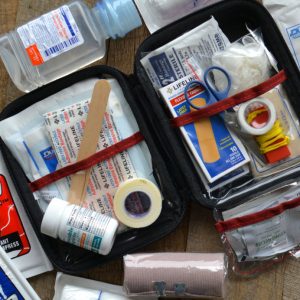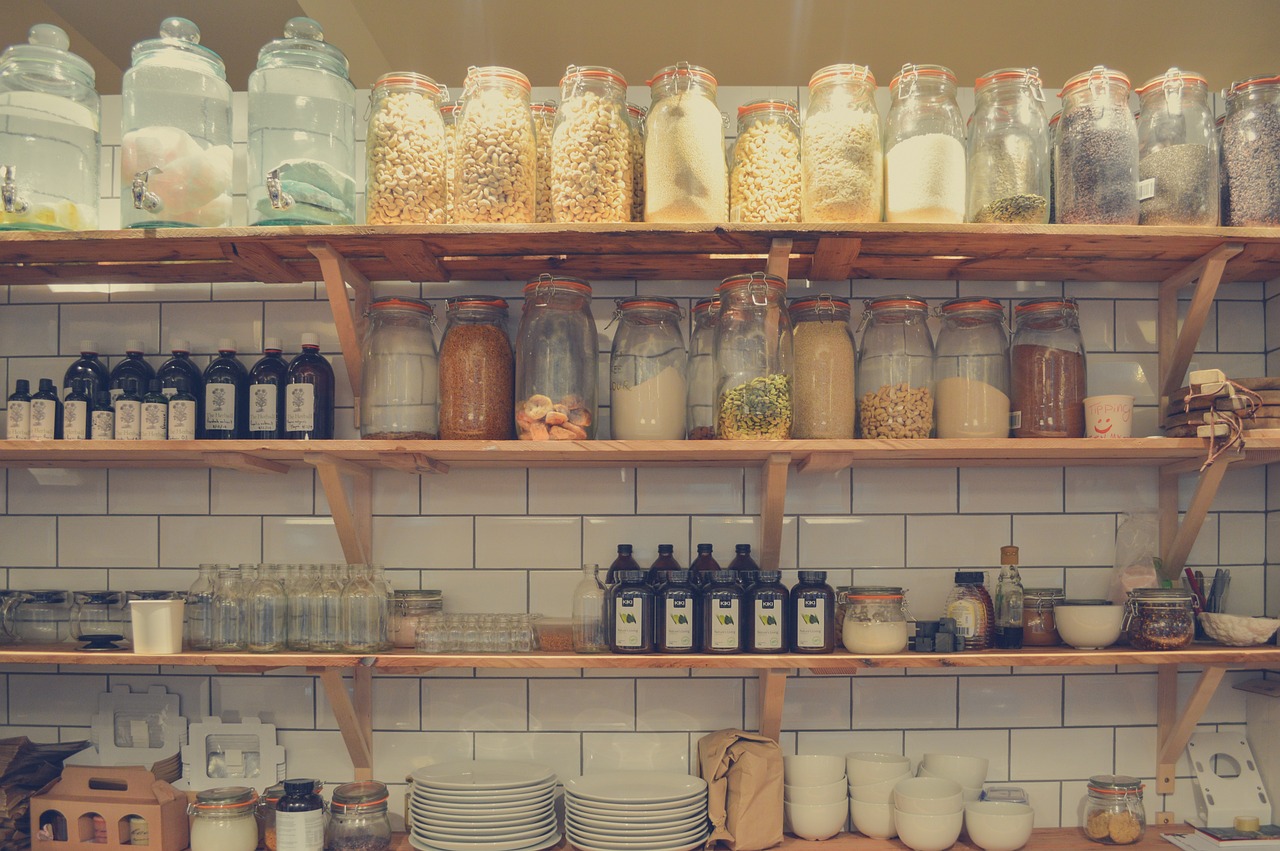Prepper Sage participates in various affiliate marketing programs, including Amazon, which means we may get paid commissions on purchases made through our links to retailer sites.

The Social Challenges of Being a Prepper
One of the most common issues preppers face is opposition from friends or family. The idea of preparing for potential crises like wars or natural disasters may seem extreme or even absurd to those who prefer to live in the moment without planning for the future. For survivalists, it’s crucial to understand and believe in the importance of their efforts. They often encounter obstacles such as controlling their spending to allocate funds for emergency supplies and equipment.
When a spouse or significant other doesn’t share the same mindset, it can create friction within the relationship. This lack of support may make the entire endeavor seem pointless at times. After all, it’s much easier to follow the crowd and not worry about potential disasters. Despite these challenges, preppers often feel a deep conviction that their actions are the most responsible way to protect their families and themselves. While others may perceive these preparations as paranoid, preppers understand that thorough preparation can make a significant difference during emergencies.
To overcome doubts and maintain motivation, it is essential for preppers to stay focused on their goals. Setting clear objectives and keeping a journal can help reinforce their purpose. Defining the reasons behind their actions and consistently reminding themselves of these reasons can sustain their commitment to preparedness.
The Practicality of Preparedness
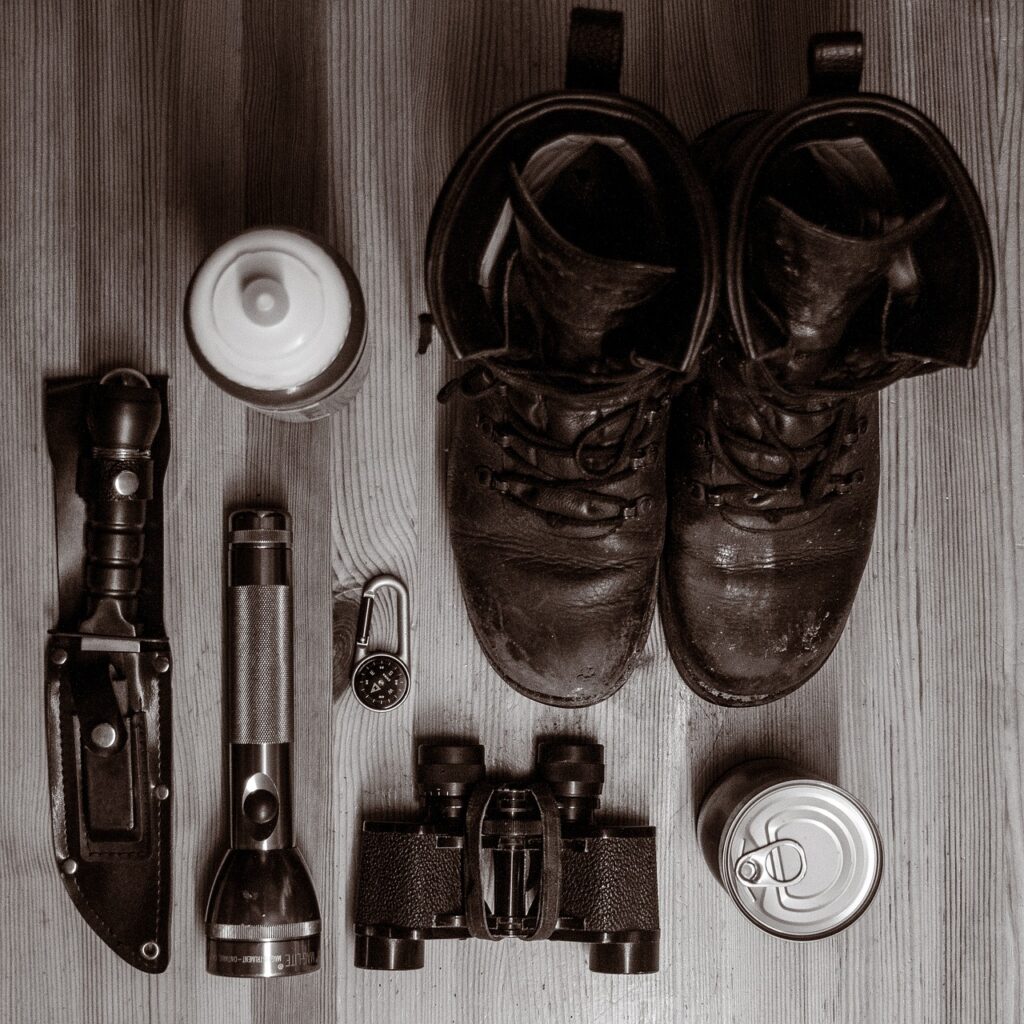
Having a month’s worth of food supplies might seem excessive to some, but in the event of a natural disaster like a flood, these supplies become invaluable. During crises, panic often leads people to rush to stores, clearing shelves of essential items. This sudden surge in demand can leave unprepared individuals without necessary supplies. Preppers, on the other hand, are ready for such situations because they have anticipated and planned for them.
The question arises: Should people be prepared for such emergencies? The answer is a resounding yes. Preparedness is not a sign of paranoia but a practical approach to survival. Enrolling in first aid classes, for instance, equips individuals with skills that can be crucial in unexpected situations. Whether it’s a friend fracturing their arm on a hiking trip or another minor emergency, having the knowledge to provide immediate assistance is invaluable.
Preparedness skills are not only for survival scenarios; they can be beneficial in everyday life. The popular TV show “MacGyver” showcased a character who was highly innovative and resourceful, embodying the survivalist spirit. Similarly, being equipped with practical skills and supplies can make a significant difference in various situations, even those that are not life-threatening.
Managing Perception and Skepticism
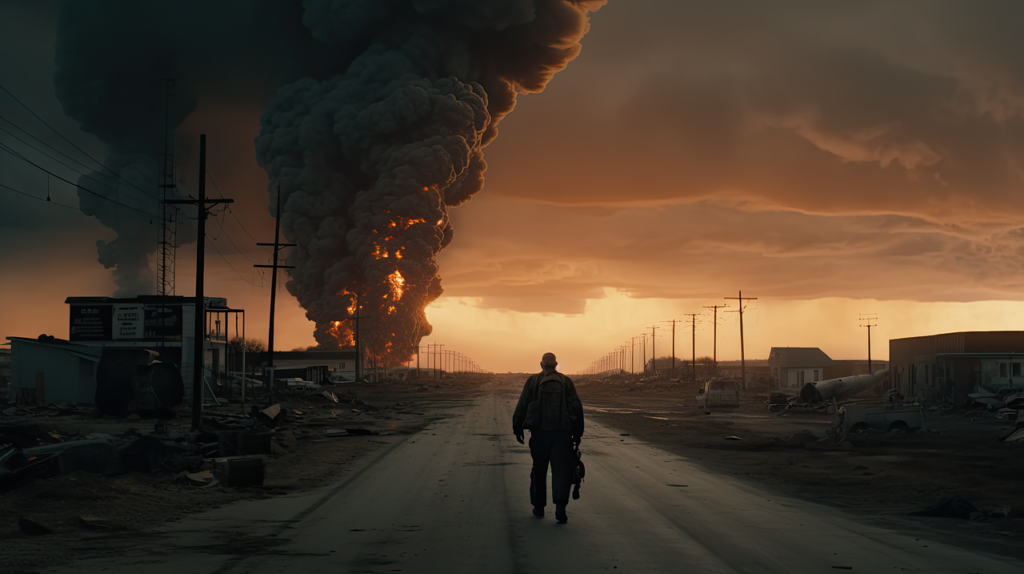
People often mock or ridicule what they don’t understand, and preppers frequently encounter skepticism. As a survivalist, it is important to take such skepticism in stride and remain confident in one’s preparations. Ideally, it is best to keep survival prepping efforts private to avoid drawing unnecessary attention.
In a severe crisis where food and water supplies run low, knowledge of someone’s emergency stockpile can lead to desperate and potentially dangerous situations. Friends or colleagues who know about a prepper’s supplies might come seeking help, leading to conflicts. Therefore, preppers should caution their families against discussing their preparations with others.
If a spouse or family member doesn’t initially understand the necessity of being prepared, it is crucial to communicate the importance of readiness clearly and effectively. Explaining the potential risks and the benefits of preparedness can help garner their support and understanding.
The Benefits of Community and Networking
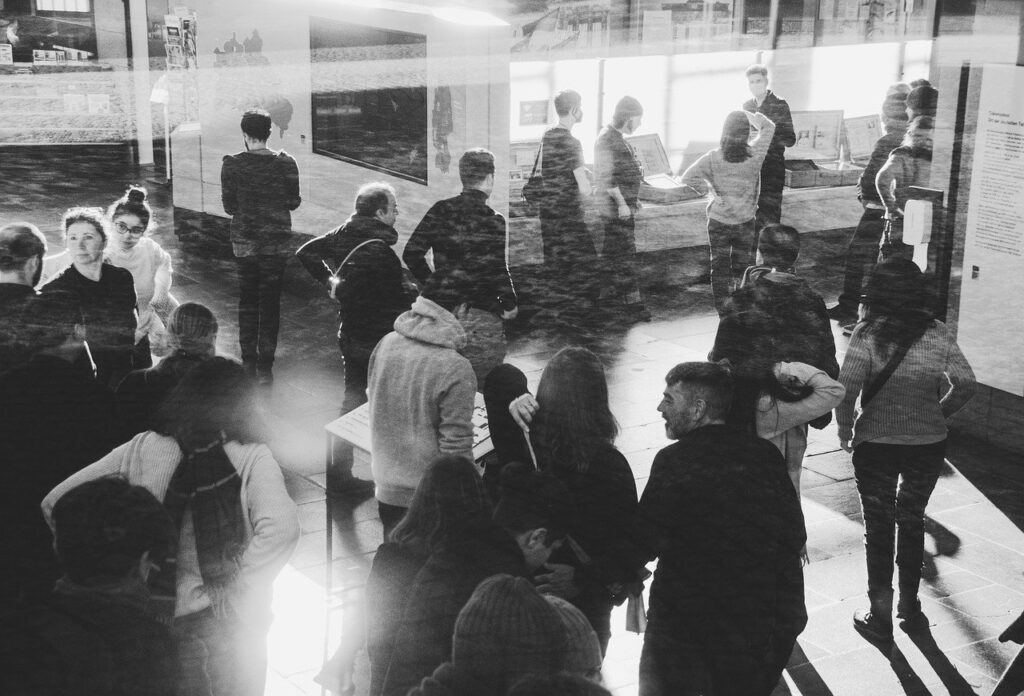
While individual preparedness is crucial, being part of a community can enhance a prepper’s ability to handle emergencies. Preppers often face isolation due to their unconventional lifestyle, but connecting with like-minded individuals can offer numerous advantages. Building a network of fellow preppers provides opportunities to share knowledge, skills, and resources, creating a more robust support system.
For example, joining local preparedness groups or online forums can be a great way to learn from others’ experiences and gain new insights. These communities can offer practical advice on various topics, from food storage techniques to emergency medical care. Additionally, group discussions can help preppers stay informed about potential threats and the latest advancements in survival gear and strategies.
Networking also allows for the sharing of specialized skills. While one person might be an expert in first aid, another might have extensive knowledge of gardening or mechanics. By pooling their expertise, community members can cover a broader range of skills, making the group more self-sufficient. This collaboration can be especially valuable in situations where specific skills are needed that one individual may lack.
Moreover, a sense of community can provide emotional support during challenging times. Knowing that others share similar concerns and are also preparing for potential crises can alleviate feelings of isolation and anxiety. In times of actual emergencies, having trusted individuals to rely on can make a significant difference in successfully navigating the situation.
In essence, while personal preparedness is vital, fostering connections within a larger network can amplify a prepper’s capabilities and provide additional security. This collective approach not only enhances practical preparedness but also builds a sense of solidarity and mutual support, which can be crucial in times of crisis.
The Mindset of a Survivalist
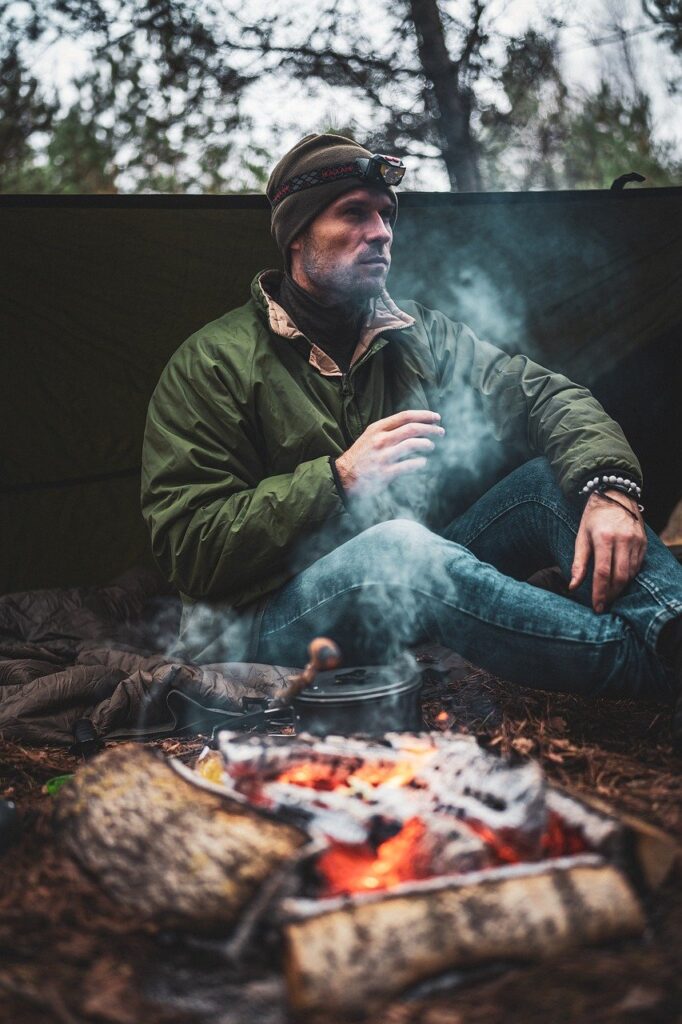
At the end of the day, preppers need to stay true to their convictions. Possessing the confidence and determination to do what others may not is a hallmark of a successful prepper. Despite facing ridicule or skepticism, maintaining the spirit of readiness is vital. Being prepared for a crisis is far better than being caught off guard.
The essence of prepping lies in the belief that it is better to have and not need, than to need and not have. This mindset drives preppers to continue their efforts despite societal pressures or misunderstandings. By staying focused on their goals and consistently reminding themselves of their purpose, preppers can ensure they are ready for any eventuality. This proactive approach not only provides peace of mind but also increases the likelihood of survival in the face of unexpected challenges.
Amazon and the Amazon logo are trademarks of Amazon.com, Inc, or its affiliates.


